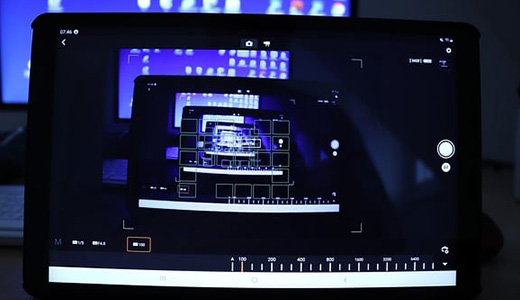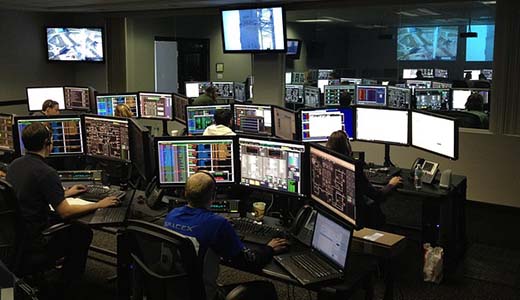What is remote patient monitoring jobs cna?
Remote patient monitoring jobs for Certified Nursing Assistants (CNAs) involve assisting healthcare providers in monitoring patients' health remotely, typically using technology such as wearable devices and telehealth platforms. CNAs in these roles may be responsible for collecting vital signs, tracking patients' symptoms, providing education, and ensuring that patients follow their care plans. Effective communication skills and a solid understanding of technology are essential for success in this growing field, which allows CNAs to engage with patients outside of traditional healthcare settings.
Applications of remote patient monitoring jobs cna?
Remote patient monitoring (RPM) jobs for Certified Nursing Assistants (CNAs) involve utilizing technology to track patients' vital signs and health metrics from home. Responsibilities may include monitoring data, assisting with telehealth consultations, providing patient education, and reporting changes to healthcare providers. CNAs in RPM help ensure patient compliance, enhance chronic disease management, and improve overall care coordination, ultimately contributing to better health outcomes while reducing hospital visits. They also play a vital role in supporting patients' mental well-being through regular check-ins and encouragement.
Different types of remote patient monitoring jobs cna?
Remote patient monitoring jobs for Certified Nursing Assistants (CNAs) include roles such as telehealth support specialists, where CNAs assist with patient data collection and monitoring via digital platforms. They may also work as remote care coordinators, helping manage patient schedules and follow-up appointments. Additionally, CNAs can serve as patient educators, providing guidance on device usage and health management from home. Opportunities may also exist in remote patient assessments, where CNAs conduct virtual checks on patients' vital signs and overall health status.
Technology used for remote patient monitoring jobs cna?
Remote patient monitoring (RPM) for Certified Nursing Assistants (CNAs) typically involves technologies such as wearable devices, smartphones, and telehealth platforms. These tools track vital signs like heart rate, blood pressure, and glucose levels in real-time. Cloud-based software stores and analyzes patient data, while secure messaging and video conferencing enable communication between patients and healthcare providers. Mobile health apps facilitate daily check-ins and medication reminders, enhancing patient engagement and compliance. All these technologies contribute to improved healthcare outcomes and efficient monitoring from a distance.
Advantages and disadvantages of remote patient monitoring jobs cna?
Advantages: Remote patient monitoring (RPM) jobs for CNAs offer flexible schedules, reduced physical strain, and the ability to work from home. They also enhance patient interaction through technology and can lead to improved patient outcomes by enabling timely interventions.
Disadvantages: RPM may limit hands-on patient care experiences, leading to skill stagnation. There can be challenges with technology integration and data management, as well as potential feelings of isolation from colleagues and patients. Additionally, monitoring patients remotely may create pressure to respond quickly to issues without immediate support.






